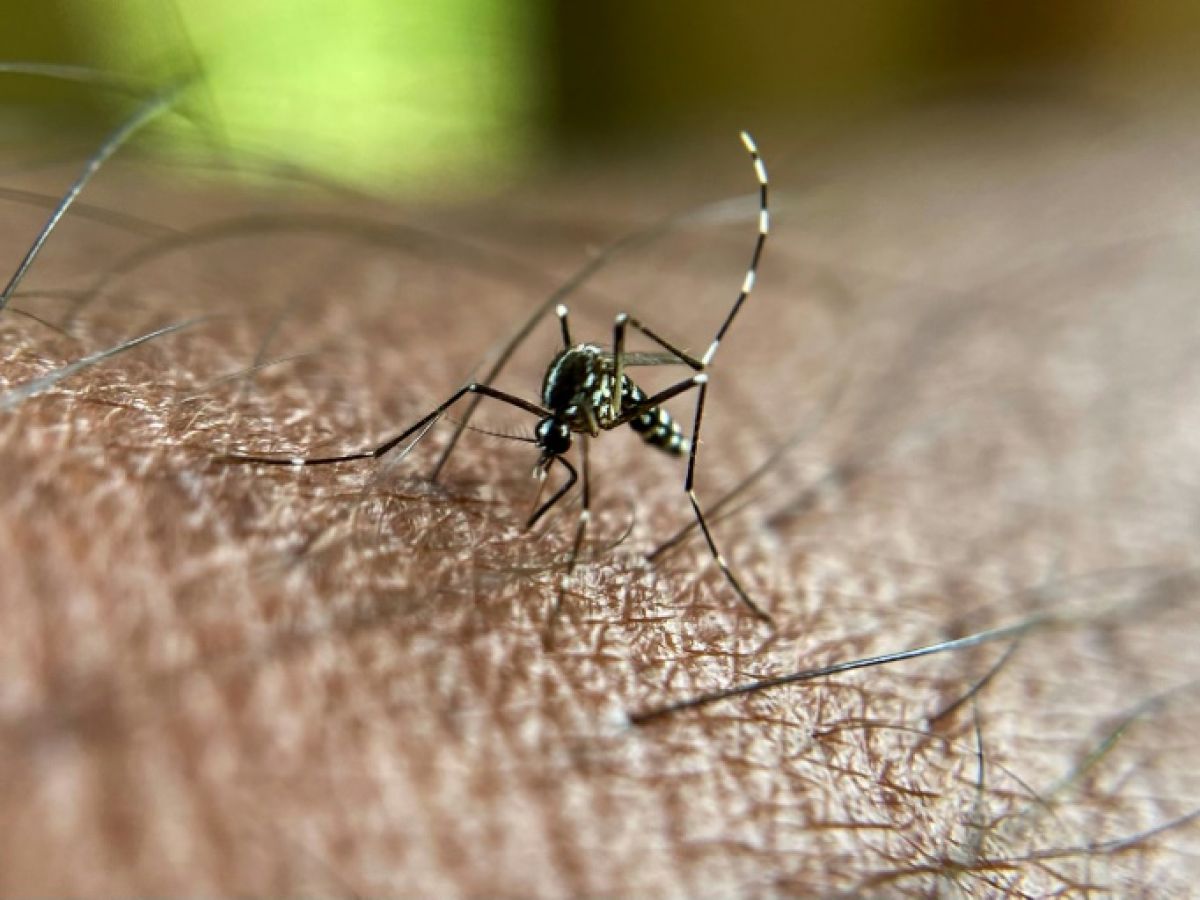The chikungunya epidemic continues to decline in Réunion, with a further weekly drop in emergency room visits, and does not currently appear to be leading to transmission in mainland France, the public health agency summarized on Wednesday.
"Réunion Island is experiencing a low-intensity epidemic," even though "cases are still confirmed in all of the island's municipalities," Public Health France announced in a weekly report.
The death toll from the epidemic on the island is now estimated at 23, with three new deaths attributed to chikungunya. However, these deaths do not date back to the last few days, but to mid-April, when the outbreak was at its peak.
For several months, Réunion Island has been hit by an unprecedented epidemic in twenty years of chikungunya, a disease transmitted by the tiger mosquito and causing fever and joint pain. An estimated 200,000 people have been infected.
The epidemic has been declining since the end of April and last week saw the number of emergency room visits halved again, from around fifty to 23.
While the epidemic is clearly declining in Réunion, it is still gaining momentum in Mayotte, also in the Indian Ocean, where it broke out later. According to the latest report, dating back to Friday, 746 cases have been reported since the beginning of the year, but this figure likely appears to be an underestimate.
Furthermore, health authorities are monitoring the risk of transmission of the epidemic in mainland France with the return of fine weather, which is conducive to the circulation of the tiger mosquito.
This risk is "decreasing" but "remains current," warned Public Health France.
For the time being, however, all cases of chikungunya recorded in mainland France – 507 since the beginning of May – have come from infections outside the country, mainly in Réunion. No so-called "native" cases, i.e., resulting from transmission in mainland France, have been recorded, which means that the epidemic has not yet reached mainland France.
"Anyone who has stayed in Reunion Island is asked upon arrival in mainland France and for 15 days to protect themselves from mosquito bites – spray, long clothing, etc. – and to consult a doctor as soon as symptoms compatible with chikungunya appear," the health agency reminds us.

